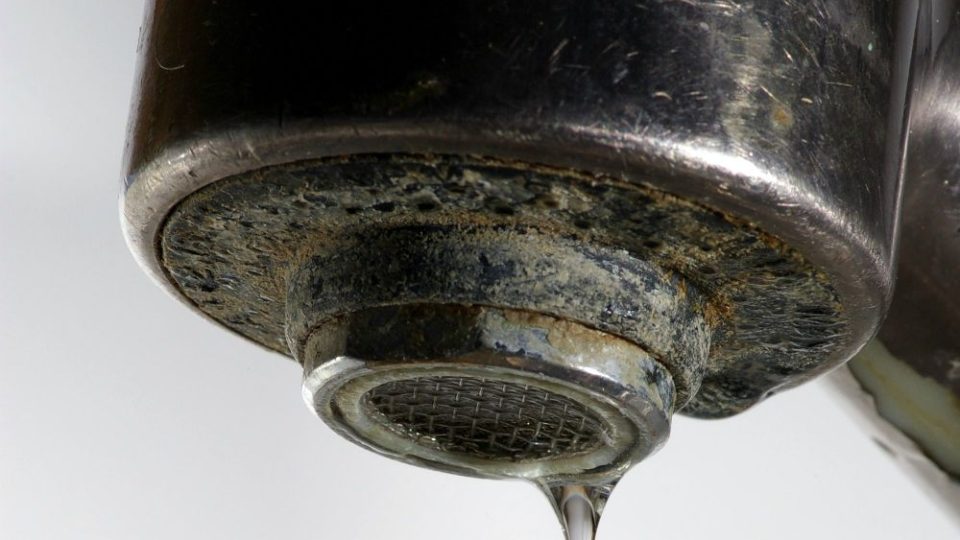Have you ever wondered whether you have hard water and need a water softener? Surprisingly, 85% of households are estimated to have hard water, but homeowners are unaware that they fall into this category. So, how do you tell if you have hard water, and what do you do about it?
Hard water occurs when too many particles of calcium and magnesium are in the water. It manifests itself as scale that adheres to surfaces that it comes in contact within your home. Some households have more of these minerals in their water supply than others.
Quality of Water
The quality of the water we use in our homes is dependent on several factors:
- The area in which we live
- The type of filtration system the water goes through
- Whether the water supply is from the municipality or an underground well. (The city of Hamilton has a hard water comparison chart for Carlisle, Lynden, Freelton and Greensville.)
Mineral Impact
Although not all minerals in the water supply are harmful to drink or harm your health, these higher amounts of minerals can negatively impact your external body, home, and material possessions. Here are some of the ways that you can tell if you have hard water in your house.
- If you notice that you have scaly, crusty white deposits on your plumbing fixtures or in your sinks.
- You have soap scum in or around your bath or shower that rinsing alone does not remove.
- When you wash dishes and glasses by hand, you see remnants of water spots on them.
- Even after running your dishwasher, you see remnants of water spots on glasses and dishes.
- You have dry, itchy skin from the water’s excess minerals. Studies have shown that hard water can trigger eczema due to intensely dry skin.
- You notice that your hair is constantly limp, dry, or frizzy. Since shampoo is technically soap, a chemical reaction occurs in the same manner as your shower’s soap scum.
- You seem to be paying too much in your water heater bills. Aside from a decrease in the efficiency of appliances, water heaters are particularly at risk with hard water due to their constant contact with water. They have to work harder and longer due to the scale that builds up on the heating elements, causing them to wear out prematurely.
- You notice that your plumbing is breaking down more often than it should. Hard water has proven to decrease the lifespan of your home’s plumbing system.
The Solution
If you have experienced any of the points mentioned above, then a water softener is the answer to combat these issues. The harder you find your water from the increased calcium and magnesium, the greater your benefit from owning a water softener. You’ll save money over the long run in appliance maintenance, plumbing repairs, and detergent expenditure, not to mention that your hair and body will feel so much better.
What Does a Water Softener Do?
A water softener is a type of appliance that your plumber hooks into your home’s water supply. The appliance functions by using a process called ion exchange. During this process, the softener swaps out sodium ions for the excessive minerals in the water that makes it hard water.
If you work with a plumbing professional, they can describe the different types of water softeners that are the most suitable for your needs. Some types automatically regenerate by working on a regular schedule set by a timer, while other systems use mechanics or a computer to keep track of the water usage and regenerate.
Water Softener Results
Whichever you choose, the results will be softer water, which has many benefits for you and your home. You may notice that you feel cleaner, use less soap, shampoo, and cleaning products, your hair will be less frizzy, and your skin will not itch. Importantly, too, your plumbing systems will have fewer repairs, and that will save you money in the long run.
So, if you need an expert to consult with and install a water softener for your Hamilton home, contact our team of plumbers at Wentworth Plumbing and we’ll be ready to help.

